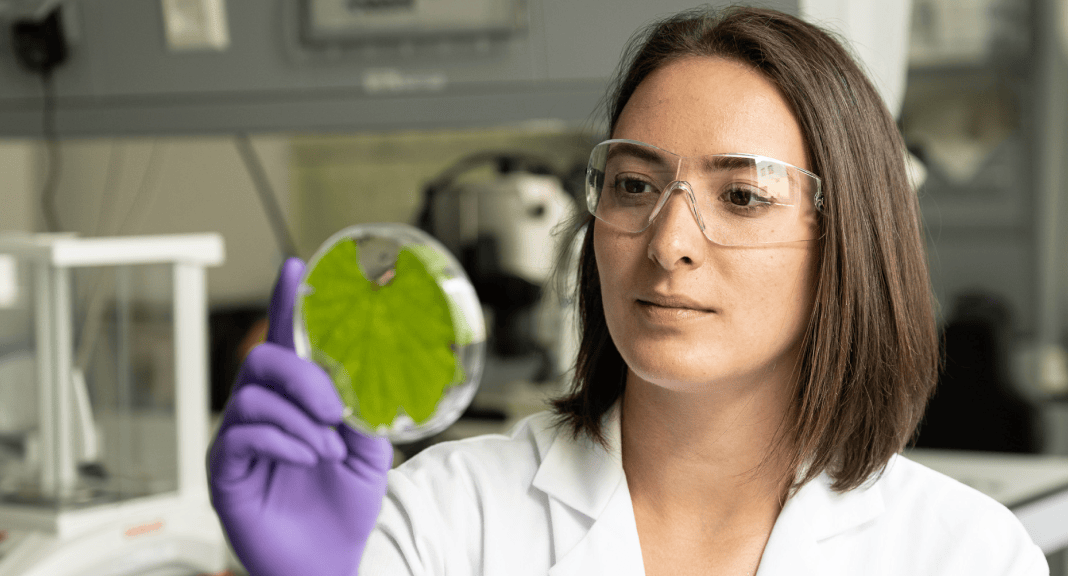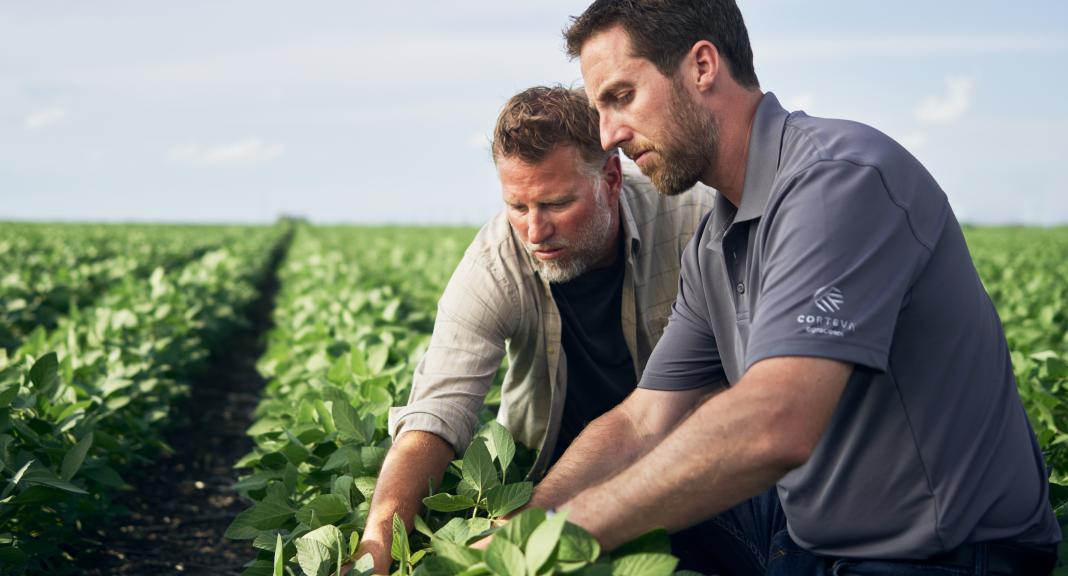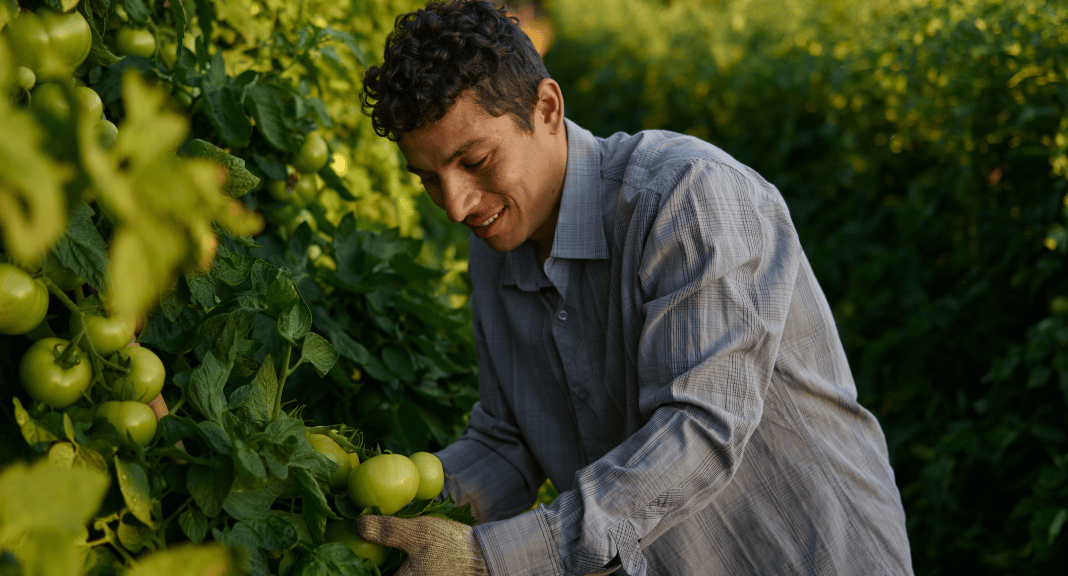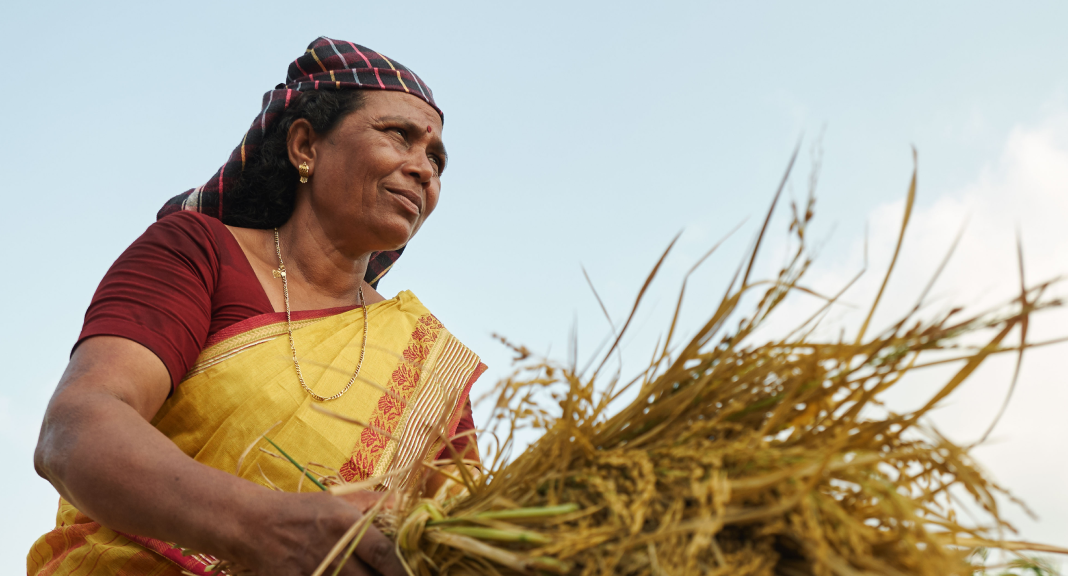Leading in innovation

Gene editing
We are leading the way in gene editing, a groundbreaking innovation that will transform sustainable food production. These advanced breeding techniques use the plant’s own DNA to create seeds that can enhance and protect yield potential while withstanding harsh environmental conditions.
Our expertise spans multiple gene editing platforms, and with the help of artificial intelligence, we can pinpoint where and how to make precise edits that greatly improve yield potential and plant resilience.
Gene editing also significantly accelerates the breeding process, which will allow us to develop improved seed products much faster than traditional methods. This is crucial for quickly addressing new agricultural challenges and ensuring food security.
In 2024, we boosted our investment in gene editing by collaborating with large and small industry players around the world, licensing our technology to increase access, and educating stakeholders about its promise and value. We believe these efforts will be transformative for rapidly advancing the future of agriculture and producing more food and fuel for generations to come.
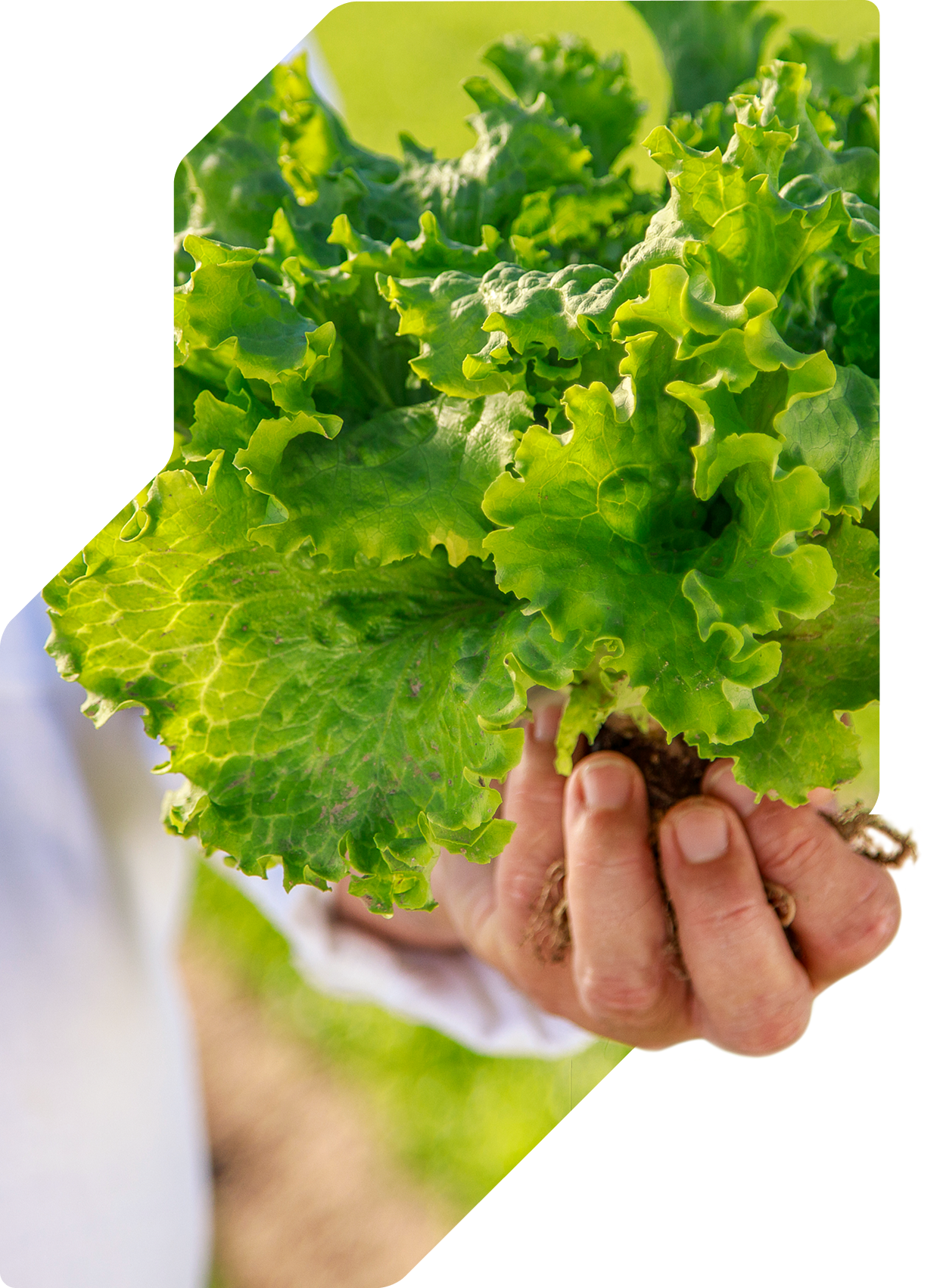
Biologicals
Farmers are looking for new, naturally-derived solutions to control pests, optimize nutrients, and manage environmental stresses in ways that also meet consumer and societal demands for more sustainably-produced food.
Biologicals and naturally-derived solutions draw from materials that already exist in nature to boost plant performance and protection from pests. Some are actual living organisms, like beneficial bacteria. Others, like enzymes, are derived from materials found in nature.
They serve as a powerful and flexible option for farmers, complementing conventional crop protection solutions as part of their overall farming operation.
As one of the world's largest biological and naturally-derived solutions companies, we are proud to be at the forefront of a growing trend. Currently, around 35% of farmers worldwide incorporate biologicals into their practices, and this number is expected to rise; the market is anticipated to expand to $26 billion by 2035.
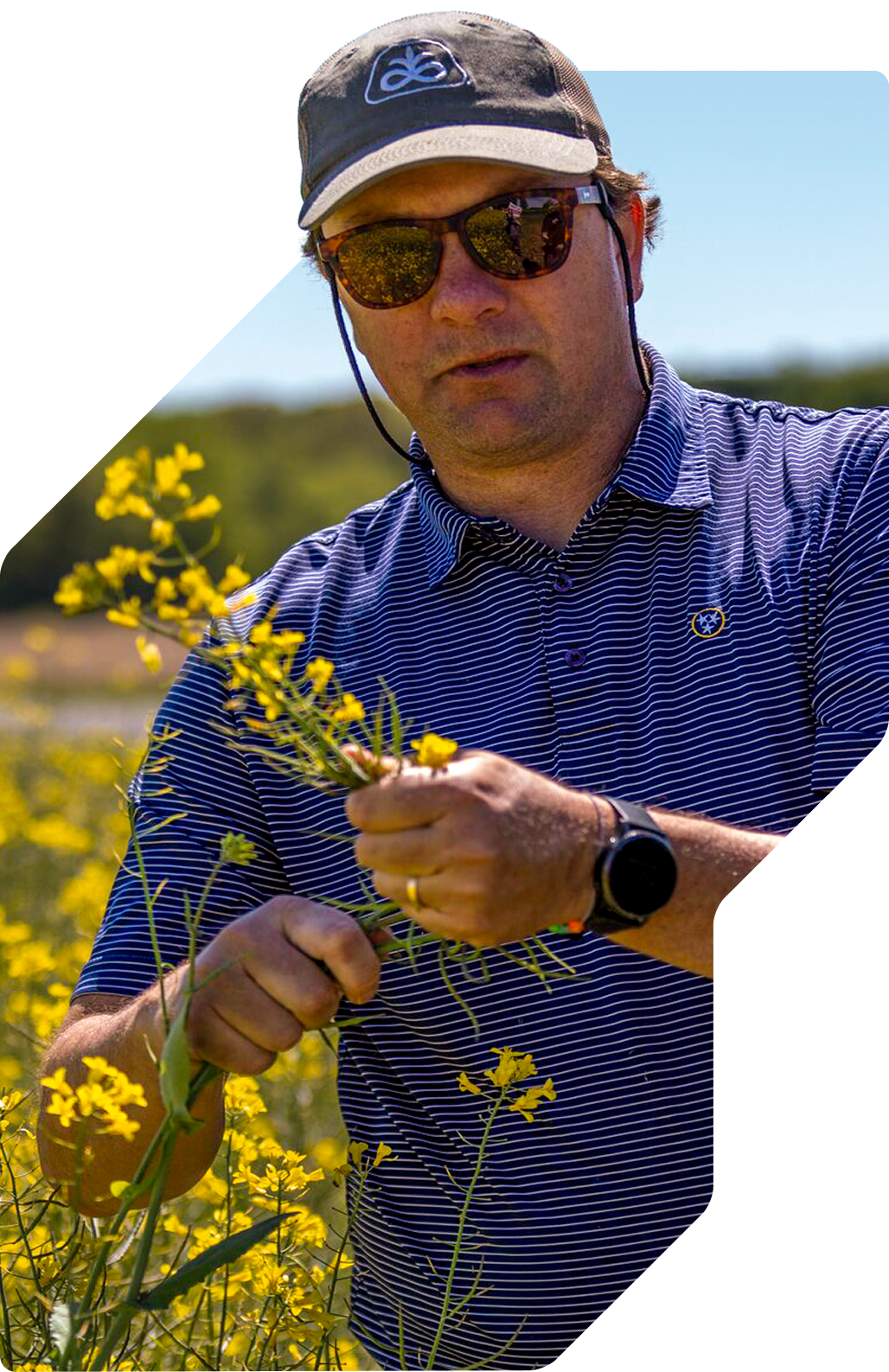
Biofuels
We are deploying our technology to develop lower-carbon feedstocks to help meet the global demand for next-generation biofuel, which is expected to increase eight-fold by 2050.
And, we are creating ways for farmers to fully engage in and capitalize on this opportunity through collaborations with industry-leading value chain companies.
For example, in 2024, we expanded our Winter Canola (a biofuel feedstock) Program, a US collaboration with Chevron and Bunge. It offers a new revenue opportunity for farmers to diversify their current winter crop rotation, or for those who don’t have a double-cropping system already in place.
Additionally, we announced a memorandum of understanding for a planned joint venture with bp in the Americas and Europe to supply biofuel feedstocks for sustainable aviation fuel that meets the European Union's regulatory requirements.
Not only do both of these collaborations help fulfill demand and create value for farmers, but they also help mitigate the potential impact of biofuel feedstock expansion on cropland currently used to grow food and feed for livestock.
